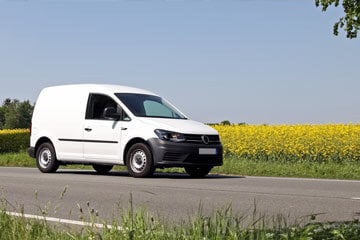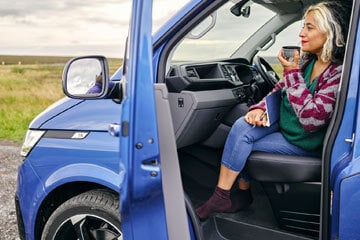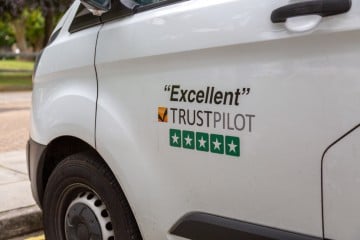"If you own a van you need to make sure you get the right policy. Getting the wrong insurance means you don't have the right kind of cover, which means you are driving uninsured.
If you start using your van for commercial purposes even though your policy is for personal use only, you risk having claims turned down, meaning you could have to pay for your own losses as well as other vehicles in an accident. So you must be clear to your insurer what you use your van for, as even occasional or one off work could void your policy, and get you into financial and legal difficulty."







